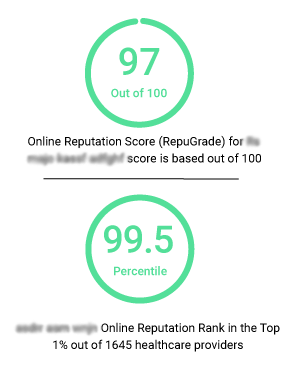Machine Translation: Is Immediacy Replacing Accuracy?
Machine Translation (MT) is a computerized process that translates text from one language to another. It's been around since the 1950s, and has evolved since then to be a viable way of bypassing human translators, however has generated mixed results.
On one hand it can save overhead expenses, but on the other hand it can lead to embarrassing misinterpretations. That's why MT needs to be evaluated on a case by case scenario to decide when it's better to use human translators.

MT Databases The key advantage of using MT is that it draws from a large database based on language rules and statistics. Engineers routinely expand the glossary of this database since all languages are constantly evolving. Sometimes, however, these experts cannot keep up with every new word that enters the lexicon through common usage, science, enterprise and the arts. There are times when a MT system must guess on word meanings, when it encounters new words that do not compute due to absence from the database.
Google Translate An offshoot of MT has been Google Translate, a tool that helps online shoppers who buy items from other countries. It's also helpful for translating international blogs and articles for personal research purposes. The point where Google Translate introduces risk is when you decide to use it beyond personal research, such as for translating your web pages to various languages.
Even though Google Translate is generally accurate, it can be unreliable when it comes to translating slang, regional colloquialism, humor, sarcasm and double entendre. This tool has not yet been programmed to understand the rules of grammar, which can create awkward results, such as unnecessary commas.
Human Translators While it may be possible someday for computer systems to monitor every language on the planet at every local level, these days that's still not the case. For any given language there are regional nuances that only human translators can identify.
Hence, when it comes to offering translation services or publishing multilingual content for public use, it's best to use language experts rather than automated solutions. A few things humans can still do better than computers are writing and proofreading translations.
Business Use Commercial use of translation requires precise accuracy, otherwise it can damage credibility. Human translators are absolutely necessary to proofread business translations from one language to another.
Businesses that aim at a global market need to have a deep understanding of cultural differences and the context in which words are used in a specific culture. The syntax of a message that works in one country might not work in another, especially when it involves terminology for a specific industry. Clients may feel disappointed by MT, which is why human translators are essential.
Comments are closed

